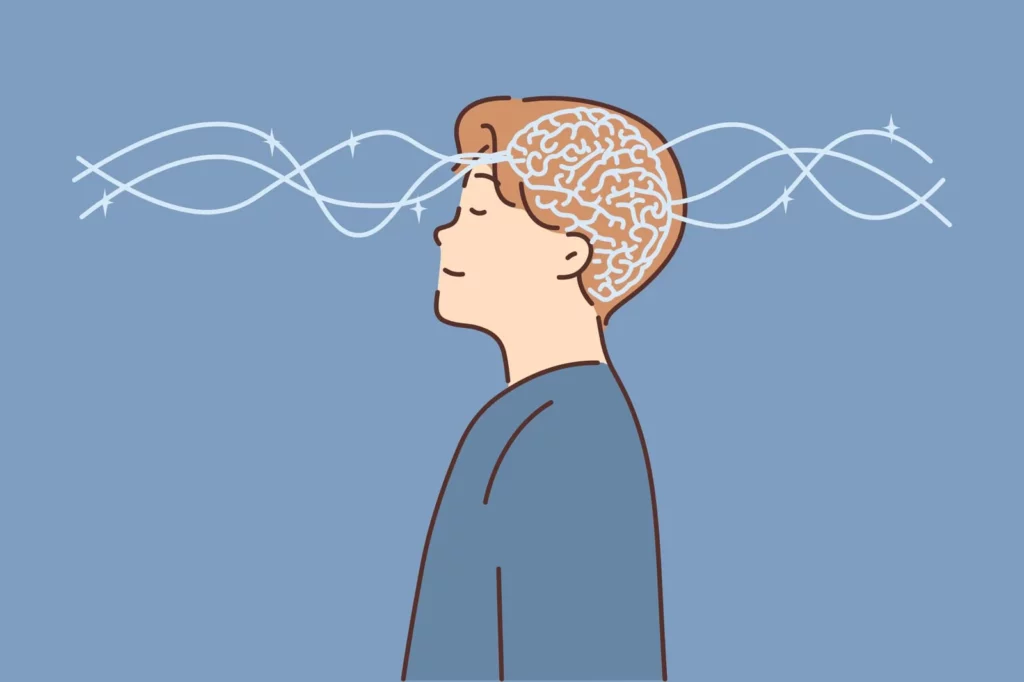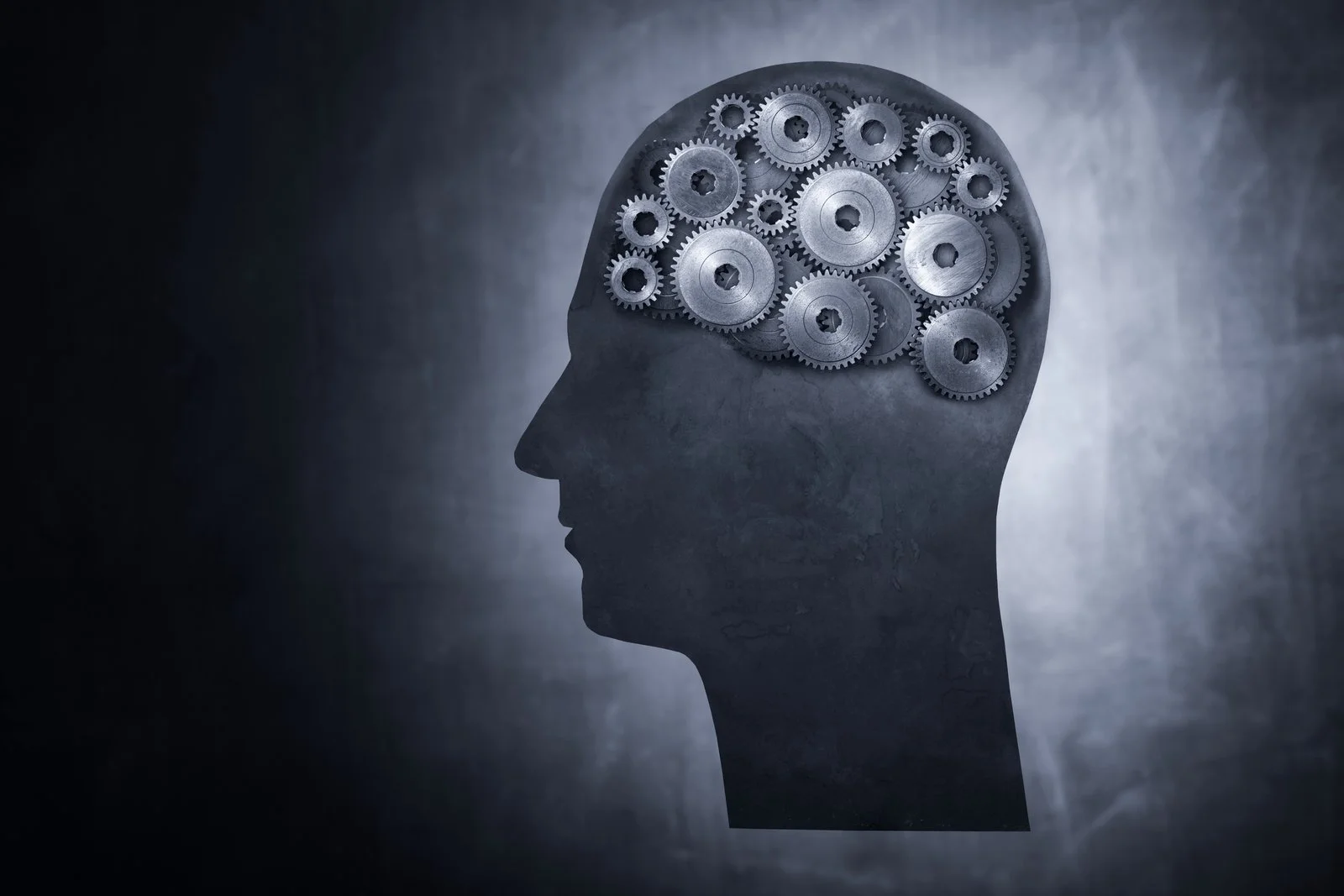In recent years, the journey toward mental wellness has witnessed some incredible technological leaps. Among these breakthroughs shines a promising innovation: BrainsWay Transcranial Magnetic Stimulation (TMS) technology. But, you might wonder, what’s the scoop on this technology? How does it stand out from the traditional TMS techniques we’ve known? Join me as we explore the realm of BrainsWay TMS and uncover the exciting way it’s reshaping mental wellness.

What is BrainsWay TMS?
BrainsWay TMS, or more specifically, BrainsWay Deep TMS (dTMS), is a novel, non-invasive neuromodulation technique. Using magnetic fields, it stimulates the brain’s neural pathways, particularly those associated with mood disorders like depression. Unlike traditional TMS methods, which penetrate only 1-2 centimeters into the brain, the BrainsWay deep TMS machine delves deeper, allowing for more widespread and impactful treatment.
The Mechanism Behind BrainsWay Deep TMS
A Focus on Magnetic Fields
Magnetic stimulation has always been at the heart of TMS treatments. The BrainsWay TMS machine uses focused magnetic pulses to target and stimulate specific areas of the brain. By inducing small electric currents, these magnetic fields can activate neurons, leading to therapeutic benefits for various psychiatric and neurological disorders.
Depth and Precision
What sets the BrainsWay deep TMS therapy apart is its unique coil design. The H-coil, patented by BrainsWay, ensures that magnetic fields penetrate deeper into the brain, reaching areas that are otherwise inaccessible by conventional TMS coils. This depth and precision make BrainsWay Deep TMS an excellent option for those who haven’t found relief through traditional therapeutic techniques.
The Benefits of BrainsWay Deep TMS Therapy
Precision Targeting
BrainsWay TMS machine stands out for its unparalleled precision in targeting deep brain regions. This capability is crucial in tackling conditions like major depressive disorder and obsessive-compulsive disorder, which involve complex neural circuitry. The technology’s ability to reach these areas contributes to enhanced therapeutic outcomes.
Non-Invasive and Painless
Unlike some other medical interventions, BrainsWay Deep TMS therapy is non-invasive and painless. Patients undergoing this treatment do not require anesthesia or sedation. The sessions are carried out in an outpatient setting, allowing individuals to resume their daily activities immediately after each session without any downtime.
Minimal Side Effects
Traditional treatments often come with side effects that can impact a patient’s quality of life. BrainsWay TMS, on the other hand, has been associated with minimal adverse effects. The most common side effects are mild and transient, including scalp discomfort or headache, which typically subside on their own.
BrainsWay Deep TMS Therapy: Conditions and Efficacy
Major Depressive Disorder (MDD)
Major Depressive Disorder is a prevalent mental health condition that often proves challenging to treat. BrainsWay Deep TMS therapy has shown promising results in alleviating symptoms of MDD, even in cases where traditional treatments have been ineffective. The targeted stimulation of mood-regulating brain regions can lead to significant improvements in mood and overall well-being.
Obsessive-Compulsive Disorder (OCD)
Obsessive-Compulsive Disorder is characterized by intrusive thoughts and compulsive behaviors. BrainsWay TMS holds potential as an adjunctive treatment for OCD. By influencing neural pathways associated with OCD, this therapy can help reduce the severity of obsessions and compulsions, providing much-needed relief for individuals struggling with this disorder.
Smoking Cessation
BrainsWay Deep TMS therapy isn’t limited to mood disorders alone. Emerging research suggests its potential in aiding smoking cessation efforts. By targeting the brain’s reward centers, this therapy could mitigate the cravings and withdrawal symptoms associated with quitting smoking, thereby increasing the chances of successful cessation.

The BrainsWay Experience
Undergoing BrainsWay deep TMS therapy is relatively straightforward. Before your BrainsWay TMS session begins, you’ll be seated in a reclining chair designed for relaxation. A technician will provide earplugs to muffle the machine’s clicking sound and then place the specialized helmet with the H-coil onto your head. Once you’re set, the machine will deliver magnetic pulses for approximately 20 minutes. During this time, you might experience a tapping sensation on your scalp, a feeling most patients become accustomed to after a few sessions.
Once the session concludes, there’s no extended recovery. You can immediately go back to your daily tasks. Some might experience mild headaches or scalp discomfort, but these are temporary and tend to fade with subsequent treatments. Typically, treatments are scheduled daily over a 4-6 week period, though individual plans can vary based on specific needs and recommendations.
Is BrainsWay Deep TMS Right for You?
If you or someone you know struggles with depression or another mental health condition, BrainsWay TMS could offer a path to relief. However, as with any medical procedure, it’s crucial to consult with a healthcare professional. They can provide insights into the treatment’s suitability for your specific condition and circumstances.
Summing Up
The world of mental wellness is continuously evolving, with technologies like BrainsWay deep TMS leading the charge. Its non-invasive nature, combined with its deep-penetrating capabilities, makes it a compelling option for those in search of effective mental health solutions. As science continues to uncover the mysteries of the brain, tools like the BrainsWay deep transcranial magnetic stimulation system will play an integral role in shaping the future of mental health treatments.
